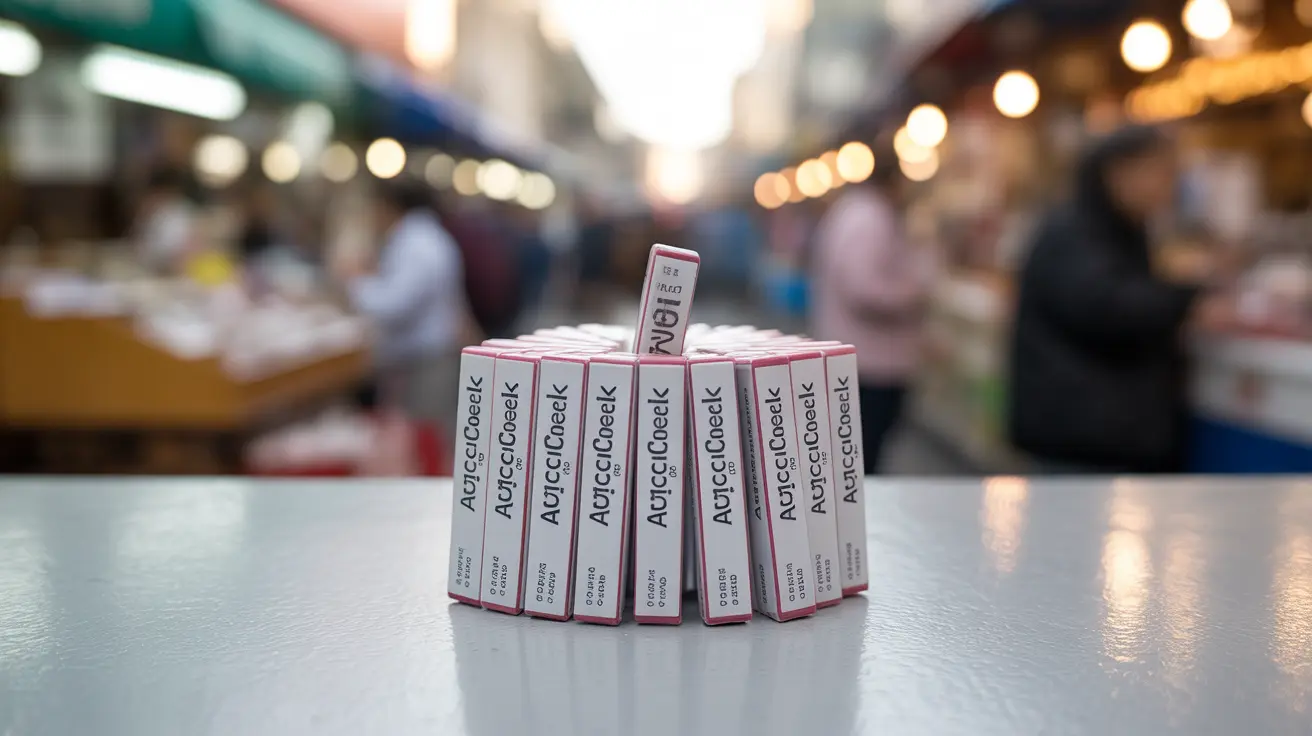The practice of selling unused diabetic test strips for cash has become increasingly common, creating a complex secondary market that raises both ethical and safety concerns. While this practice can make testing supplies more affordable for some individuals, it's essential to understand the legal implications, risks, and alternatives available.
This comprehensive guide explores the "cash for strips" phenomenon, examining why people participate in this market, the potential dangers involved, and safer alternatives for obtaining affordable diabetic testing supplies.
Understanding the Cash for Strips Market
The cash for strips market emerged as a response to the high cost of diabetic testing supplies and the surplus of unused test strips that some patients accumulate. This secondary market involves individuals selling their excess, unopened test strips to buyers who then resell them at discounted prices.
Legal Considerations and Regulations
While selling unused diabetic test strips isn't strictly illegal in most cases, several important restrictions apply. Test strips obtained through Medicare or Medicaid cannot legally be resold, as this constitutes fraud. Additionally, selling expired, damaged, or tampered strips is prohibited and can result in legal consequences.
Key Legal Requirements
- Must be unopened, unexpired strips
- Cannot sell strips obtained through Medicare/Medicaid
- Must maintain proper documentation of purchase and sale
- Must comply with state-specific regulations
Safety Risks and Quality Concerns
Purchasing test strips through the secondary market carries significant risks. Improper storage, handling, or tampering can affect the accuracy of results, potentially leading to dangerous blood sugar management decisions.
Common Safety Issues
- Exposure to temperature extremes
- Moisture damage
- Counterfeit products
- Expired or near-expiration strips
- Compromised accuracy
Why People Participate in the Market
Several factors drive participation in the cash for strips market. Sellers often have excess supplies due to changes in their testing regimen, insurance coverage, or diabetes management approach. Buyers typically seek more affordable alternatives to retail prices, especially those who are underinsured or face high out-of-pocket costs.
Alternatives to Cash for Strips Programs
Rather than risking purchases through the secondary market, several safer alternatives exist for obtaining affordable diabetic supplies:
- Patient assistance programs
- Prescription savings cards
- Mail-order pharmacy services
- Generic brand test strips
- Insurance appeals for better coverage
Frequently Asked Questions
Is it legal to sell unused diabetic test strips for cash, and what restrictions apply?
While selling unused test strips is generally legal, important restrictions exist. You cannot sell strips obtained through Medicare or Medicaid, and the strips must be unopened and unexpired. Some states have specific regulations governing these sales.
What are the health risks of buying resold or pre-owned diabetic test strips?
Purchasing resold test strips carries significant risks, including potentially inaccurate results due to improper storage, damaged products, or tampering. This can lead to incorrect blood sugar readings and dangerous diabetes management decisions.
How can I tell if diabetic test strips are safe and not expired or tampered with?
Check the expiration date, examine the packaging for damage or tampering, and verify the seller's reputation. However, it's important to note that visual inspection alone cannot guarantee the strips' quality or accuracy.
Why do people sell their unused diabetic test strips, and who typically buys them?
Sellers often have excess supplies due to changed prescriptions or insurance coverage. Buyers are typically individuals without adequate insurance coverage seeking more affordable testing supplies.
What alternatives exist for affordable diabetic test strips besides buying from the "cash for strips" market?
Several safer alternatives include patient assistance programs, prescription savings cards, mail-order pharmacies, generic brands, and working with insurance providers for better coverage. These options provide legitimate ways to reduce costs without compromising safety.




